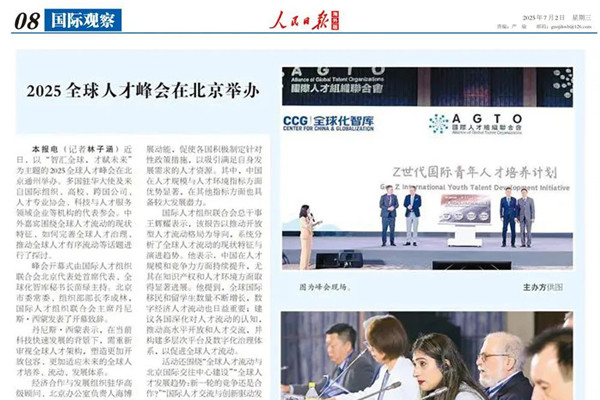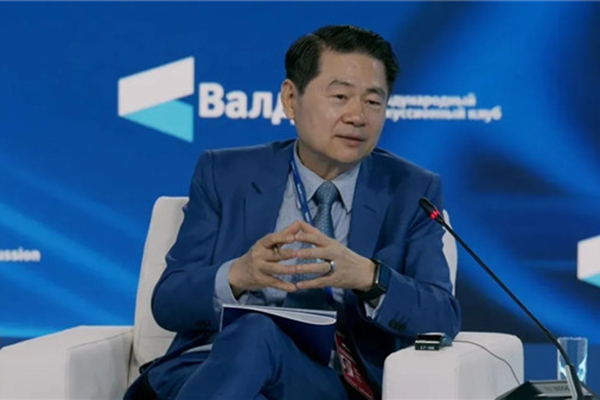【CGTN】Tougher U.S. Temporary Work Visa | World Insight
2017年4月24日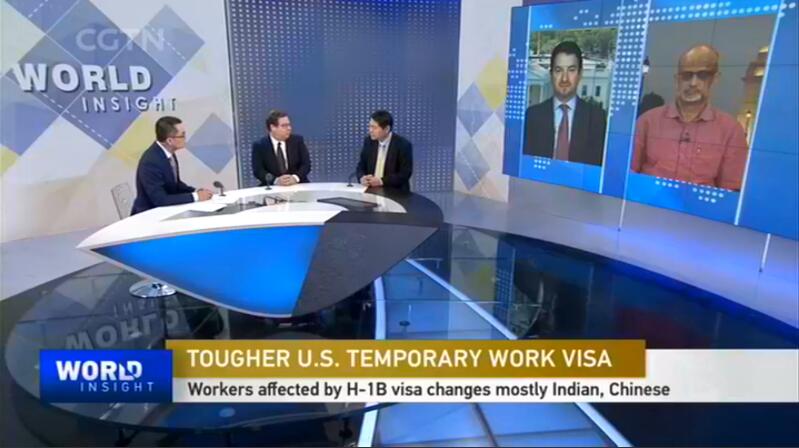
Recently, President Trump signed a campaign with a slogan "buy American, hire American" that will favor American companies for federal contracts and the new VISA program for foreign technical workers. With this new policy, foreign workers are now in limbo after the suspension of fast track H-1B visa. Among those, Indian and Chinese workers the hardest hit under the new visa program since averagely 82% of the H-1B visa have been offered to them.
H-1B VISA now is targeted mostly for the most skilled and highly paid. We must see it as a double-edge sword–On the one hand, President Trump is trying to stop certain companies, particularly some in Silicon Valley, that are replacing American workers with cheaper labor force from countries like India and China. These tech firms are actually capitalizing on the loopholes in current H-1B visa program.
However, there are several reasons to see this new program with cons overweighing its pros. In the long run, this VISA program is concerning and would have negative impacts on America, because Trump Administration sent a killing signal to universities, high-tech firms about what the future may hold. Under the new framework, it would be very expensive for companies to hire IT experts and highly-skilled people, on which they depend to compete in the market. Big companies may be able to afford to pay high salary to their employees, but a lot of start-ups may suffer from it. And it would scare away talented people and international students who may wish to study and get a job there as well.
In a broader sense, this VISA program demonstrates a general reluctance of Trump Administration to engage in global economic issue, which would have a damaging on American economy and innovation. It implies that US is now closing for business and innovation, which is not in its economic or national interests at all. Culturally and socially, this VISA program sends out signals that America is building walls keeping people and resources out. Although this practice is in line with Trump’s promise, it would not do good to the country as a whole, along with its pulling out of TPP.
Moreover, Limiting H1B visas only to high-skilled people would not necessarily make it easier for Americans to get jobs, but from empirical evidence, many foreign-born H-1B visa holders became incredible job-creators. So this practice might kill more jobs than it tries to keep for Americans.
Asian countries now are doing quite the opposite: For example, China is trying to attract international talents to work in China by issuing new policies and green card. India is also taking Trump’s policy as an opportunity to keep the talents stay in the country. These practices would undoubtedly help these two countries grow their economy and innovation.
Last but not least, the definition of high-skilled workers might be abused, thus this VISA program might create more problems than it tries to solve.
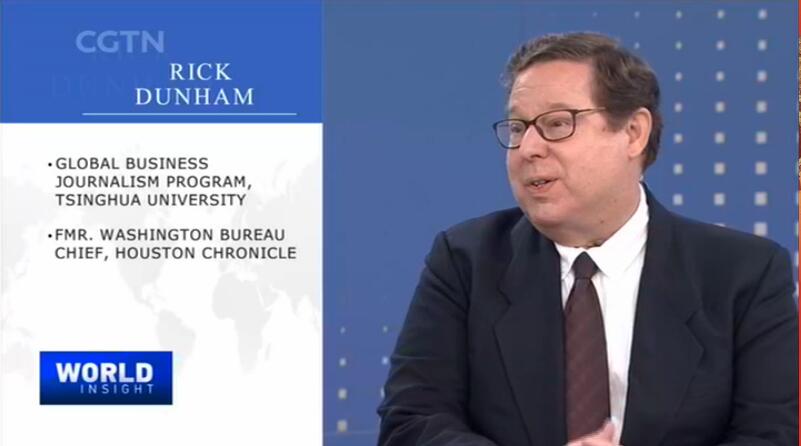

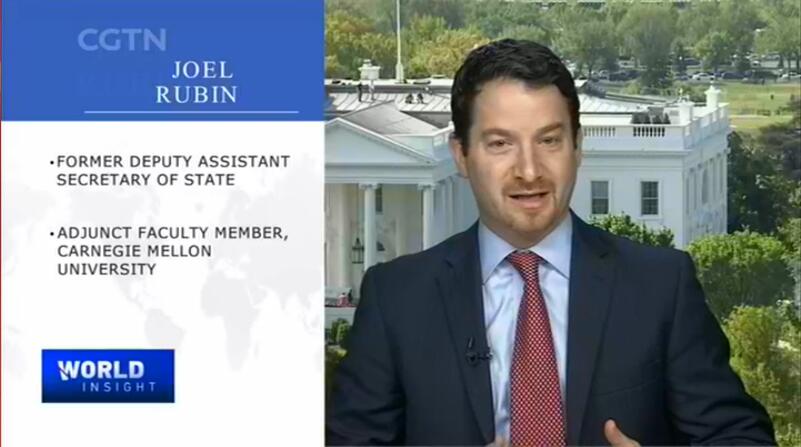
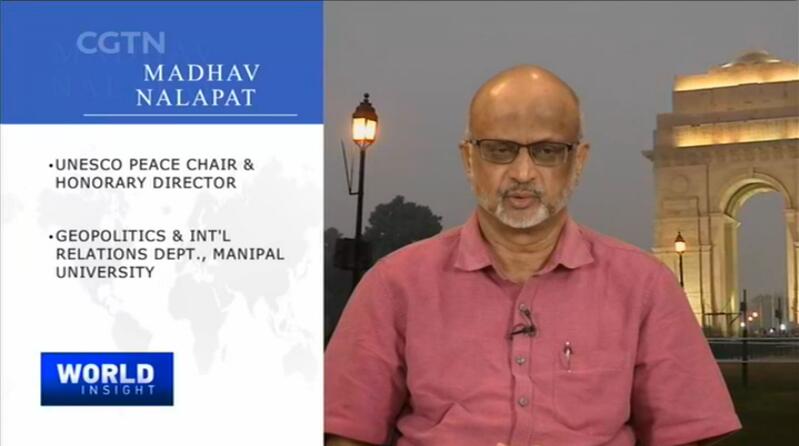
The World Insight Studio inviting Rick Dunham, Co-director of Global BusinessJournalism Program of Tsinghua University, Dr. Wang Huiyao, a Counselor of Chinese State Council and a president of Center for China and Globalization(CCG), Joel Rubin, Former Deputy AssistantSecretary of State and Adjunct Faculty Member of Carnegie Mellon University, and Madhv Nalapt, UNESCO Peace Chair Member and Director of Geopolitics&International Relayions Department of Manipal University, to sharing their opinions.
From CGTN, Arpril 2017
